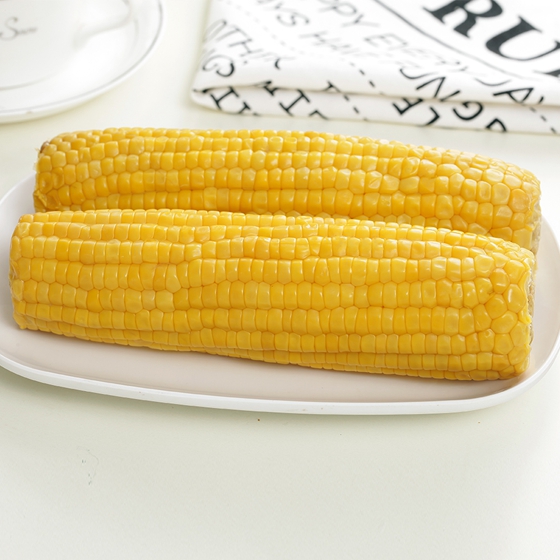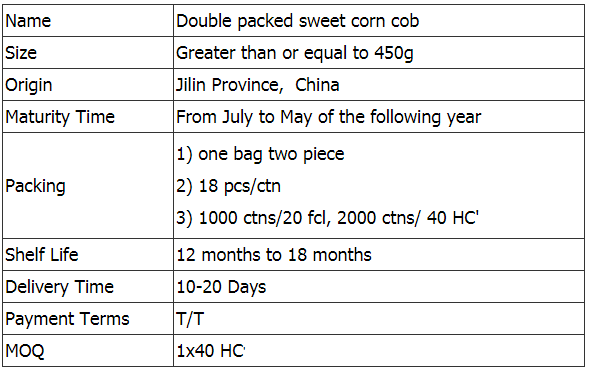Not long ago, CCTV broadcasted a special survey on "Cultivated Land by Fertilizers", which again pointed out that due to the long-term use of chemical fertilizers, China's soil is no longer "healthy", soil properties deteriorate, land compaction, soil Acidification, salinization, and destruction of soil microbial diversity have become more and more prominent, and have directly led to soil infertility and soil failure, which have affected the sustainable development of agriculture.
Under the situation that the soil ecology is so bad, relevant experts suggest that the application of microbial bacteria to the soil plays an extremely important role in improving soil, improving soil fertility, improving soil ecological environment, and improving crop yield and quality. As Professor Yang Jie of the National Apple Engineering Technology Research Center said: "The reason why the crop length is not good is that the root of the crop is not good. The root of the crop is not good because the soil is not good. The soil is not good because there is a lot of beneficial microorganisms in the soil. Bacteria, so it is imperative to solve the current soil ecological quality and crop yields by using high-quality microbial agents in the soil."
To restore the soil to health, what are the criteria for understanding soil health?
The composition of the soil is solid, liquid and gas, mainly including minerals, organic matter, moisture, air and microorganisms. These three kinds of substances in the soil are related to each other and are mutually restricted. They are organic wholes with certain structure. Therefore, the standard of soil health is also defined by these three types of substances: healthy soil includes about 45% of minerals, about 25% of air, about 25% of water, about 5% of organic matter, and about 1% of microorganisms. .
Why can microbial agents make the soil “medicate to the disease and restore health�
First of all, microbial bacteria are the “builders†of the true sense of the soil. Microorganisms promote the release and sequestration of trace elements in the soil through the exchange of oxygen and carbon dioxide in the metabolic process and the secretion of organic acids. It effectively breaks the soil compaction, promotes the formation of aggregate structure, and improves the ventilation of the soil and promotes The formation of organic matter, humic acid and humus. Corresponding to the current problems of poor permeability, poor water retention and poor fertility, and poor soil fertility, it is affected by the agglomerate structure, organic matter, humic acid and humus in the soil, and the formation of these substances is affected by the soil. The role of microorganisms.
Second, microbial bacteria are the "nutrient conversion engineer" of the soil. Microorganism plays a very important role in the input and output of matter and energy in the soil, and is an important link in the material cycle chain. It activates organic and inorganic nutrients in the soil, decomposes organic matter, releases nutrients, and increases nutrient availability. Corresponding to the problems of compaction, acidification, salinization, soil infertility, and soil failure in the current soil, these problems occur because the fertilizer accumulates in the soil for a long time, remains, is not effectively decomposed and nutrient-transformed, and the release of nutrients And transformation is based on microbes. As the farmer said in the "Cultivated Land for Fertilizers", the original 50 kg of fertilizer has now used 100 kg or even 150 kg, and the food still does not increase production. The reason is here.
Furthermore, microbial bacteria are the "cleaners" of the soil. In the process of reproduction and metabolism, microorganisms can degrade chemical fertilizers, organic pesticides, heavy metals and other pollutants in the soil, and decompose, transform, fix, transfer and detoxify the above pollutants in their physical and chemical reactions. Synthesize, break them down into low-harm or even harmless substances, and reduce the degree of soil pollution.
In addition, microorganisms in the soil, such as antibiotic microorganisms, can secrete antibiotics and inhibit the growth of pathogenic microorganisms, thus preventing and reducing the harm of soil-borne microorganisms to crops in the soil, and improving crop quality and yield.
At present, restoring soil health is imminent, as Mr. Zhang Zhaohui, director of the American Society of Soil Health, said: “People like to compare the earth to a mother. If there is no healthy mother, how can there be a healthy baby? If the situation continues, we will continue to develop. The descendants will have no land to grow, no food to eat, no water to drink, no clothes to wear.†Microorganisms are an important part of the soil and the soul and center of the soil ecosystem, and will surely play a role in the recovery of soil health. Important role.
This article URL: microbial agents to restore soil to health
A medium-sized cob of corn provides more than 10% of our daily dietary fibre requirements.
There are two types of dietary fibre - soluble and insoluble - and sweet corn contains both.
According to the American Heart Association, dietary fibre as part of an overall healthy diet can help lower blood cholesterol levels and may reduce the risk of heart disease. It is insoluble fibre that binds to cholesterol, preventing it from being absorbed into the bloodstream.
Insoluble fibre is responsible for promoting regularity and helping to prevent constipation by speeding up the passage of food and waste through the intestines and absorbing water to keep stools soft. Insoluble fibre has been shown to reduce the risk of haemorrhoids.
Fibre-containing foods such as sweetcorn also help to provide a sense of satiety and may therefore help to suppress appetite and aid weight management.
Dietary fibre has also been linked to a reduced risk of type 2 diabetes. A diet rich in fibre helps patients manage their disease.
Fibre is fermented by bacteria in the colon. Promising studies are underway to determine the health-promoting effects of fibre fermentation breakdown products, for example, short-chain fatty acids, which may help to maintain a healthy gut.


Yellow Sweet Corn,Double Packed Sweet Corn,Double Packed Sweet Corn Cob,Double Packed Yellow Sweet Corn
Jilin Province Argricultural Sister-in-law Food Co., Ltd. , https://www.nscorn.com
